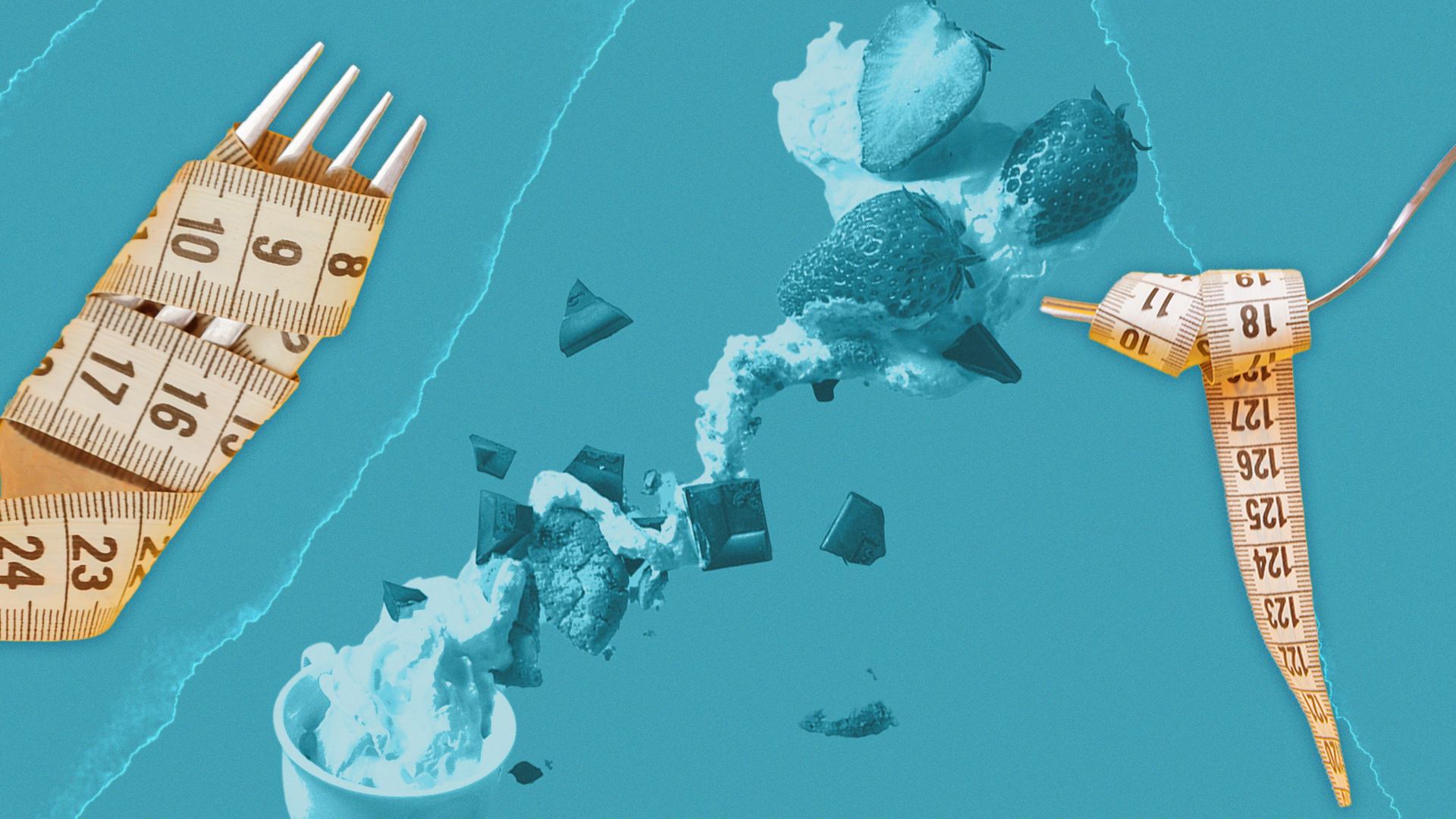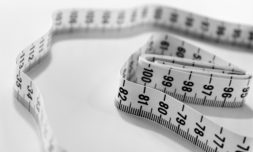As part of a new government scheme to ‘crack down on obesity’ in the UK, restaurants, cafes, and takeaways will be legally required to display calorie information alongside their offerings. For the 1.25 million Brits currently suffering from an eating disorder, this poses a concerning issue.
From tomorrow, all restaurants, cafes, and takeaways in the UK will be legally required to display calorie information on their menus.
It’s part of a new government scheme that’s seeking to ‘crack down’ on the nation’s obesity crisis – an estimated 63% of adults and 1 in 3 children are overweight – by forcing eateries to provide more nutritious offerings thus inspiring the public to make ‘healthier choices.’
So far, the controversial move has received a mixed response. On the one hand, a recent survey found 80% of respondents to be pleased with the idea for striving to tackle a prominent issue.
Yet, given the uproar that ensued back in May last year upon its announcement, this figure is surprising, and multiple eating disorder charities have since come forward to express their concerns about its potential impact on the 1.25 million Brits currently suffering from anorexia, BED, and bulimia.

The guilty, anxious, and fixational tendencies of which can all be triggered by the little numbers on packets, boxes, or soon to be pages.
On this note, it’s a rather bleak moment indeed for those who already struggle with the prospect of going out for a meal, particularly after a pandemic that not only prevented us from enjoying this experience but contributed to more people than ever needing support for these conditions.
‘While it’s very important not to demonise the scheme (many with Diabetes, for example, will likely welcome the transparency of their calorie content), as a professional in eating disorders, this feels like fighting fire with fire,’ explains Ruth Micallef, a Sub-Specialised Eating Disorders Counsellor.
‘It essentially assumes that people are simply lazy, greedy, and unmotivated, building on harmful stereotypes which prevent people from getting the support they truly need because of feelings of shame. Those who overeat in their eating disorder will be further shamed and blamed for their trauma, and those who restrict will be further encouraged to utilise their harmful coping mode.’


















